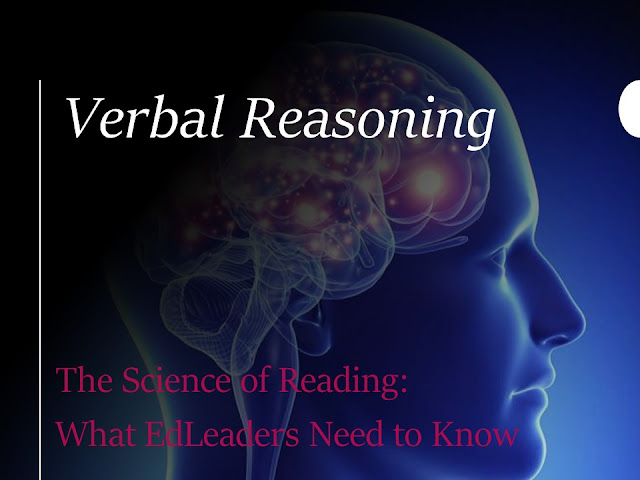#oneword2021 - Resilience
New Year’s Resolutions come and go with seeming ease. Statements that start with “this year I am going to…” typically fall by the wayside before the calendar turns to February. For myself, I don’t ever recall reflecting in late December on my progress on that year’s resolution. In fact, I probably would have struggled to recall my resolutions late in the calendar year. Some time back though, I came across the concept of #oneword on my Twitter timeline and I was hooked. Choosing one word or concept as a point of focus and reflection for the year seemed and has been powerful.
The arrival of 2021 has been eagerly awaited in a way that
few years have been. With the possible exception of 2000, I don’t remember such
incredible excitement for a new calendar year. Sadly, the excitement is more
about saying goodbye to 2020 than hello to 2021. The pervasive impact of the
COVID-19 pandemic on our lives will be felt for years to come. As an educator,
I worry about the instructional loss for students. Post-pandemic, authentic assessment
will be needed to fully determine the scope of impact on student learning. More
though than academic impact, I worry about the impact on the social and emotional
well-being of our students and families.
All this to say, the selection of my #oneword this year was
much easier than it has been in the past. My #oneword2021 is Resilience. The
Oxford Languages Dictionary defines resilience as “the capacity to recover
quickly from difficulties.” Our children, teammates, and community has had a
plateful of difficulties. Helping those we serve recover from the difficulties
of 2020 will be the overarching goal of my work this year.
In recent years I
have spent time studying ACEs (Adverse Childhood Experiences) and their impact
on children and adults. For a quick and powerful primer on ACES, check out this
16-minute TED Talk on
YouTube by Dr. Nadine Burke Harris or this article from
Joining Forces for Children. The psychological effects and long-term health complications
of the ten ACEs identified in the 1998
CDC-Kaiser study have led to important work on resilience. I doubt that few
would argue that the COVID-19 pandemic has become an ACE for many, if not most,
children as their worlds have been turned upside down by the closing of
schools, parental job loss, additional household stress, etc.
According to the American
Psychological Association, resilience is “the process of adapting well in
the face of adversity, trauma, tragedy, threats, or significant sources of
stress – such as family and relationship problems, serious health problems, or
workplace and financial stressors.” A Psychology Today article defines
resilience as “the psychological quality that allows some people to be knocked
down by the adversities of life and come back at least as strong as before.
Rather than letting difficulties, traumatic events, or failure
overcome them and drain their resolve, highly resilient people find a way to
change course, emotionally heal, and continue moving toward their goals.”
Psychologists have identified some of the factors that
appear to make a person more resilient, such as a positive attitude, optimism,
the ability to regulate emotions, and the ability to see failure as a form of
helpful feedback.
Building resilience is predicated on having solid relationships with our students and teammates. Ultimately, increasing our student's resilience will help them in this moment and in each challenge they encounter in the future.



Top post. I look forward to reading more. Cheers illinois standard health employee application for small employers Its always good to learn tips like you share for blog posting. As I just started posting comments for blog and facing problem of lots of rejections. I think your suggestion would be helpful for me. I will let you know if its work for me too.
ReplyDelete